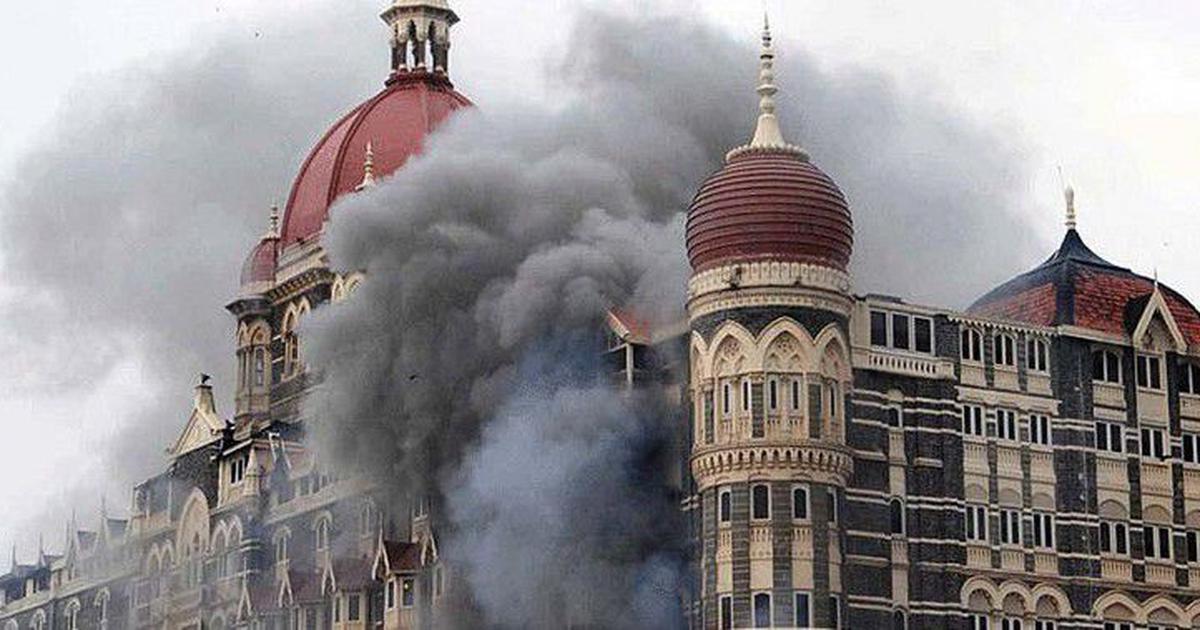
As I sat on my balcony this morning, with chai in hand and birds just starting their noisy chatter, the news was impossible to miss Tahawwur Rana has finally landed in India. After nearly 17 years, he’s here. Not as a visitor, but as a man facing questions about one of the darkest days in our country’s recent memory 26/11.
His extradition from the U.S. on April 10 didn’t just end a long legal tug-of-war. It stirred something deepermemories, anger, hope, maybe even doubt. Everyone’s asking the same thing: does this mean justice is finally knocking, or are we about to be pulled into another never-ending courtroom drama?
Touchdown in Delhi, and the NIA’s Ticking Clock
Rana arrived yesterday evening, brought in under heavy guard by the National Investigation Agency. He’s being kept in a tightly monitored 14×14-foot cell at the NIA headquarters, under the watch of a dozen officers. At the centre of it all is DIG Jaya Roy and her team, who’ve been handed 18 days to get answers out of him.
Right now, the interrogation is digging deep—looking for links to Pakistan’s ISI, checking through emails and old communications, and probing whether Rana knew more than what’s already on record. The agencies are also hinting at potential plots in other Indian cities.
He’s claimed he’s got Parkinson’s and kidney troubles, and so regular medical checks have been ordered. His lawyer’s allowed to visit every alternate day. Some metro stations near the HQ were even shut down yesterday Delhi hasn’t felt this tense in a while.
Public Mood: Somewhere Between Pride and Suspicion
On one side, you’ve got politicians celebrating like it’s Diwali. Home Minister Amit Shah has called it a victory for India’s resolve. Social media is full of posts calling it a long-overdue win for justice, especially from people who still remember those terrifying 60 hours in Mumbai back in 2008.
But others aren’t quite convinced. The Congress is quick to point out that it was under the UPA government that this extradition process actually began, way back in 2008. Now that it’s finally happened, many are accusing the current government of simply taking credit.
More importantly, there are legal technicalities. In the U.S., Tahawwur Rana wasn’t convicted for 26/11 itself—he was held for broader terror support. That might complicate things in an Indian courtroom. People are already whispering: will this hold up, or will the case fall flat under pressure?
More Than India: Why the World’s Watching
This case isn’t just a domestic matter it’s a showcase of diplomatic strength. For India to pull this off, especially in today’s global climate, shows strong coordination with the U.S. It’s also a message to Pakistan, especially if Rana’s links to the ISI are proven beyond doubt.
For us Indians, though, this runs deeper. The pain of 26/11 hasn’t faded. The images of the Taj Hotel on fire, the chaos at CST, those innocent lives lost—those aren’t just newsreel footage. They’re scars. Rana being in India now means those wounds may finally start healing. But only if justice truly follows.
Will It Lead Anywhere? Or Just Another Dead End?
The NIA’s got a short window 18 days to dig out something solid. A confession, new names, or even proof of wider involvement. If they succeed, it could mean closure for families who’ve been waiting far too long.
But the hurdles are many. Rana’s health may delay things. His lawyer might file appeals. And with legal loopholes waiting at every step, the whole thing could drag well into next year. We’ve seen that happen before. Trials that go nowhere. Hopes raised, only to be crushed again.
Still, there’s this strange energy in the air. People are watching. They care. Maybe this time, it won’t all slip away.
What This Moment Means for Us
This isn’t just about Tahawwur Rana. It’s about whether our systems still work. Can we deliver justice, even if it’s 17 years late? Or are we going to let the noise die down and move on, like we’ve done before?
This case could be a real turning point. But only if we don’t let go. Public pressure, media attention, legal scrutiny—every bit matters. We can’t afford to switch off now.
So, as I finish my tea and get on with the day, I can’t help but wonder—will this finally be it? Or just another name added to a list of unresolved pain?
Let me know what you think. Is this the start of real justice? Or just another political pitstop?
If this resonated with you, here’s something similar you might like:26/11 conspirator Tahawwur Rana flown to Delhi, will face trial
If this topic caught your attention, here’s another one worth checking out: Waqf Bill 2025: What’s Really Going On? Why So Much Noise?
Leave a Reply